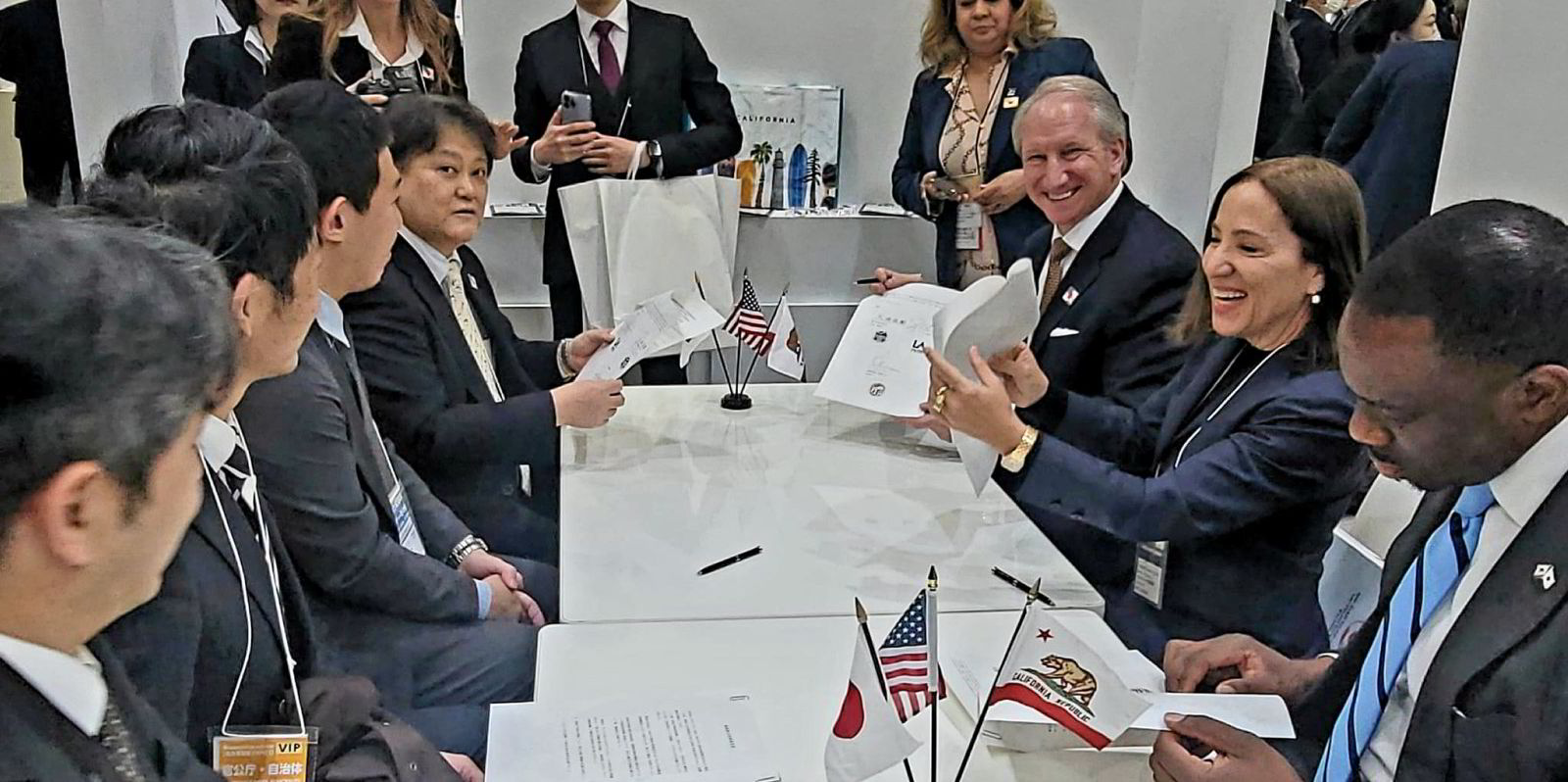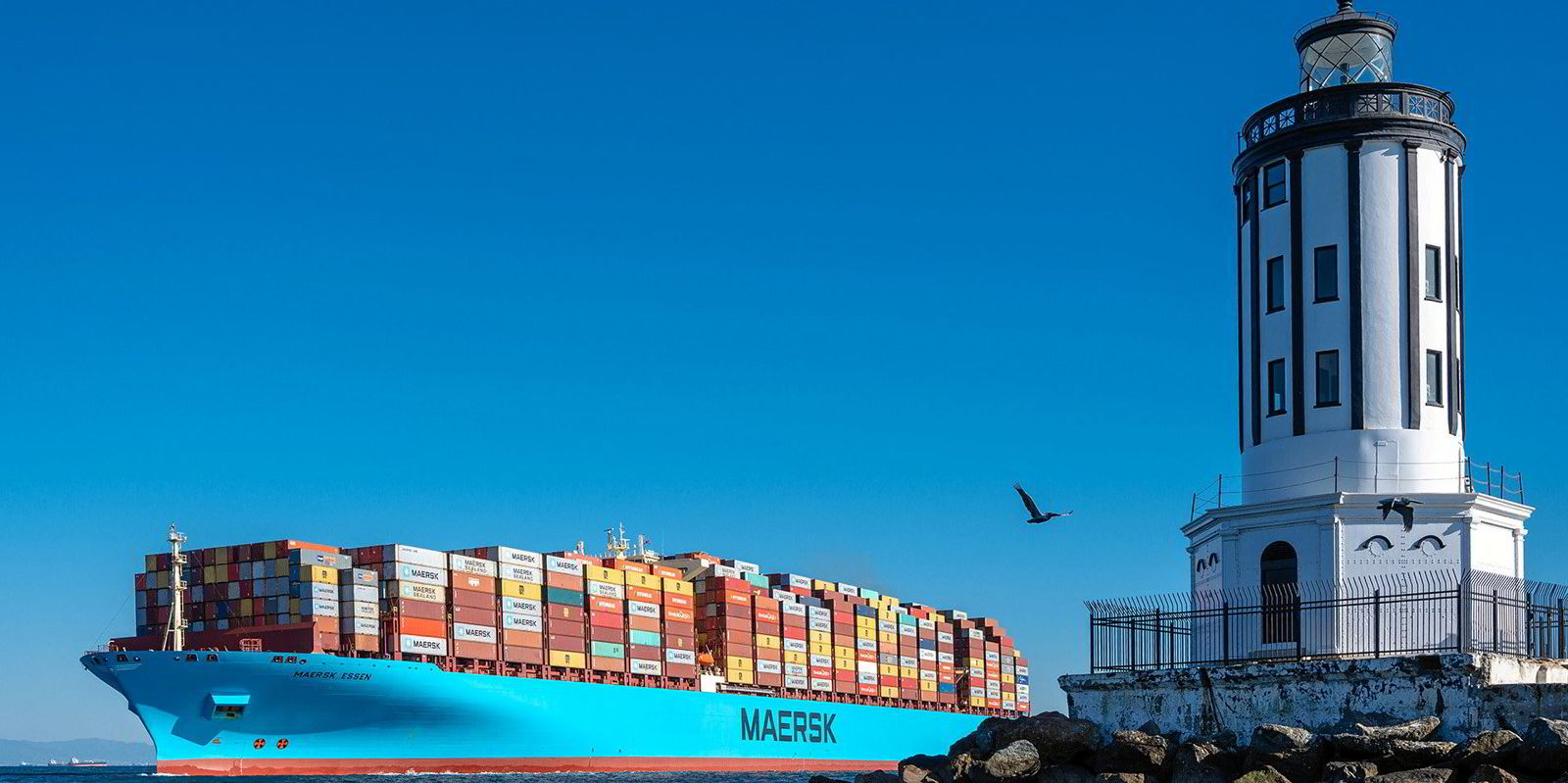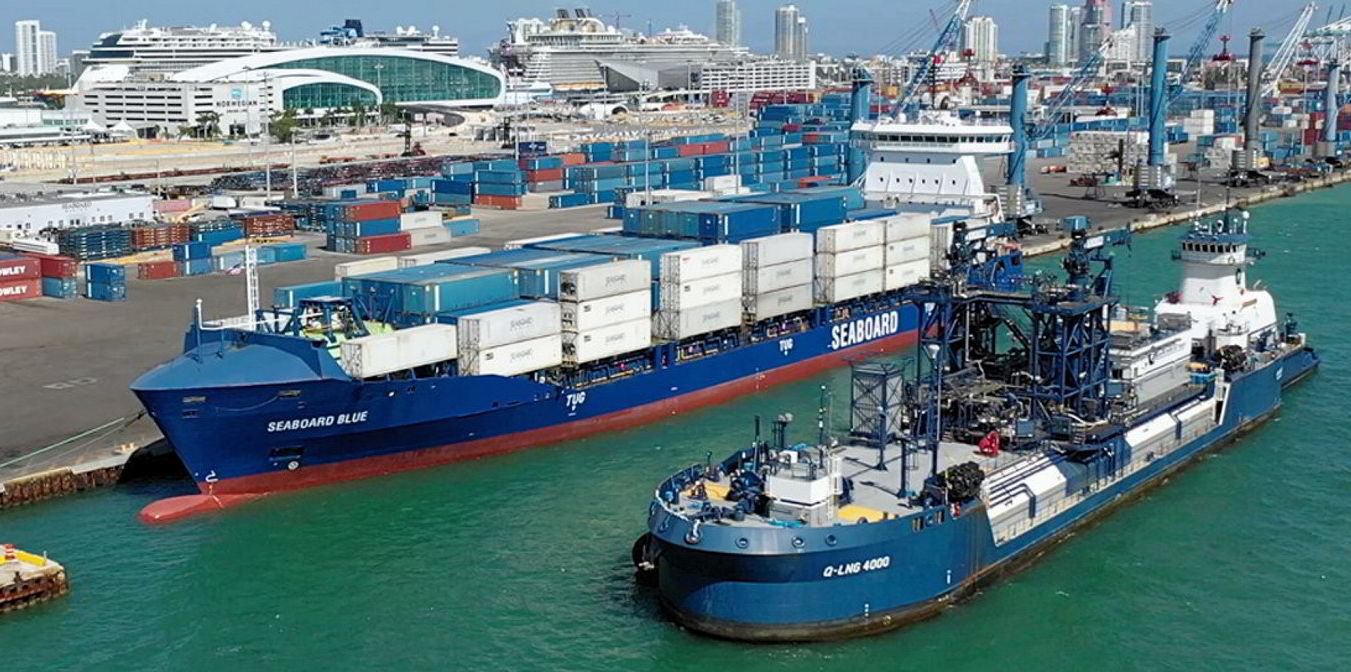The Port of Los Angeles has expanded its green corridors initiative across the Pacific to include two ports in Japan.
Both the ports of Tokyo and Yokohama have agreed to establish a green shipping corridor partnership with the US west coast port in the coming year.
The initiative, which is aimed at reducing emissions along their respective trade routes and promoting low and zero-carbon ships and fuels, follows on from similar agreements with the ports of Shanghai and Singapore.
The green corridor plans formed part of a wider picture unveiled by the US and Japanese ports to collaborate on sustainability and environmental issues.
Port of Los Angeles executive director Gene Seroka said global cooperation was critical to making meaningful progress toward a cleaner and more sustainable maritime industry.
“The Port of Los Angeles is proud of the role it has played in advancing port-related environmental technologies and supply chain decarbonisation solutions, but we can do so much more with ports and other international stakeholders working together,” he added.
In 2021, leaders from the QUAD, a strategic alliance that includes Japan, the US, Australia and India, agreed to collaborate on a green shipping network.
“Today we are pleased to further our work on this challenge in partnership with the Port of Los Angeles, with whom we have built a long-standing friendship,” said Port of Yokohama director general Hiroya Nakano.
Shinya Hitomi, president and CEO at Yokohama-Kawasaki International Port Corp, said The Port of Los Angeles is its largest partner in Japan.
“Work to decarbonise shipping is very important to both ports … and this agreement is a significant step forward as we work toward a common goal.”
In addition to strengthening trade routes, maritime operational supply chain efficiencies and environmental sustainability, other specific areas of cooperation were identified.
These include the testing and deployment of zero-emission vehicles, cargo-handling equipment and vessels; exploring energy use and alternative energy sources; and cooperating on initiatives related to pollution-reduction technologies for terminals, oceangoing vessels and drayage trucks.





